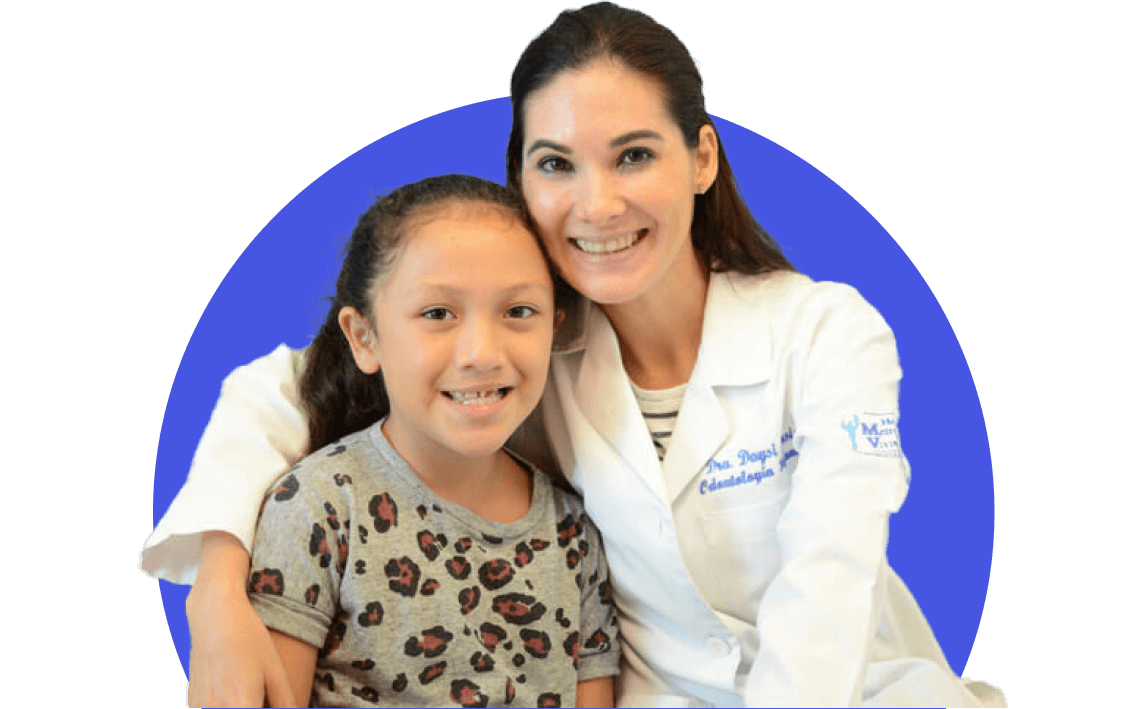- Cleft Home
- What is Cleft Lip and/or Palate?
- Prenatal Diagnosis
- Feeding Your Baby
- What is a Cleft Team?
- Surgery
- Hearing, Speech, and Dental Care
- Paying for Treatment
- Managing Feelings
- Craniofacial Conditions
- Toddlers and Preschoolers
- The School-Aged Years
- The Teenage Years
- Letter to a Teacher
- Information for Adults
- Support Organizations
- Learn More: Downloads
- Cleft Home
- What is Cleft Lip and/or Palate?
- Prenatal Diagnosis
- Feeding Your Baby
- What is a Cleft Team?
- Surgery
- Hearing, Speech, and Dental Care
- Paying for Treatment
- Managing Feelings
- Craniofacial Conditions
- Toddlers and Preschoolers
- The School-Aged Years
- The Teenage Years
- Letter to a Teacher
- Information for Adults
- Support Organizations
- Learn More: Downloads
What are my needs, desires, and concerns?
The needs, desires, and concerns of adults born with clefts are as varied as each person. If you have concerns related to your clefts, it is important to develop a complete list so that you and your medical providers can consider them both individually and as a whole. Some issues require the involvement of a variety of specialists. Sometimes more than one issue can be treated surgically while under the same anesthetic or during the same operation. As a patient, you should feel comfortable with your providers and confident that your concerns are being heard.
Who treats adults born with clefts?
Some adults born with cleft lip and/or palate are able to see their pediatric team as adults, even if the team is located in a children’s hospital. Other adults will need to transition to individual cleft specialists who provide adult-centered care.
Ideally, the transition to adult care begins during the teen years, when members of a pediatric cleft team help a person prepare for their health care during adulthood. The transition to adult care can also begin during childhood as a young person shares in the decision-making about their treatment and becomes increasingly independent about matters related to their health.
If you are an adult born with cleft lip and/or palate and did not receive assistance with the transition to adult care, you may need to research your treatment options. Your pediatric cleft team may be able to help. It is never too late to seek care.
What issues are common for adults born with clefts?
It is not unusual for functional problems related to a cleft to remain into adulthood. These problems may include issues related to speech, problems with the ears and/or hearing, fistulae (small holes in the palate), dental problems, and breathing issues due to nasal obstruction. Some adults born with clefts express concerns about the appearance of their lip and/or nose. (To read more about these issues, see below.)
Will my insurance cover my treatment?
Most surgeons who perform aesthetic procedures related to cleft lip and/or palate consider these types of operations reconstructive (to restore function), not cosmetic (to change aspects of appearance), because their purpose is to reconstruct the structures affected by the cleft. Some insurance companies refuse to pay for these procedures on the grounds that they are performed for cosmetic reasons. Because insurance may not cover these costs, it is important that you have a clear understanding of your financial obligation before moving forward. (To learn more about insurance coverage, see below.)
How can I improve my social relationships?
While some adults born with cleft lip and/or palate feel socially confident, others feel some insecurity about their relationships. If you have feelings that interfere with your ability to develop healthy relationships, be successful at work, or interact comfortably in romantic relationships, you are not alone.
A support group for adults can offer the opportunity to interact with individuals who have had similar experiences. Professional counseling, often available through your local cleft team, may also be of benefit. In addition to support groups and professional counseling, further medical treatment of cleft-related concerns may be beneficial.



